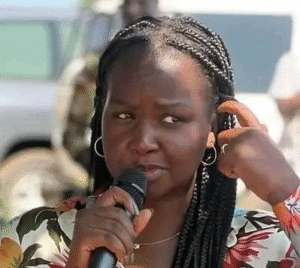
South Sudanese President Salva Kiir has come under fire following his decision to appoint his daughter, Adut Salva Kiir, as Senior Presidential Envoy for Special Programmes. The position was previously held by the current vice president, making it one of the most influential roles in the presidency.
The appointment has sparked debate among political observers and the public, with many accusing President Kiir of nepotism and attempting to entrench a family-based political dynasty. Analysts argue that the move reflects a broader strategy to tighten control over state power by keeping key positions within his inner circle.
Adut Kiir, who has not held any prior government role, is best known for her humanitarian work through the Adut Salva Kiir Foundation. Despite her limited political experience, she will now serve as one of the president’s closest advisers, with direct access to high-level decision-making.
Speaking to Biiso Radio, policy analyst James Boboya described the appointment as part of a growing trend of “inheritance governance,” where leaders centralise authority and redistribute national resources among trusted family members or allies. He warned that such practices weaken democratic institutions and fuel mistrust among citizens.

Civil society groups in Juba have also voiced concerns, urging Adut Kiir to use her new position to prioritise the welfare of the people rather than family interests. They have called on her to champion transparency, inclusivity, and accountability in government programmes.
The development comes at a time when South Sudan is still grappling with fragile peace, economic hardships, and calls for deeper political reforms ahead of its planned elections. Observers say how Adut Kiir handles her new responsibilities could shape both her personal credibility and her father’s legacy.

















